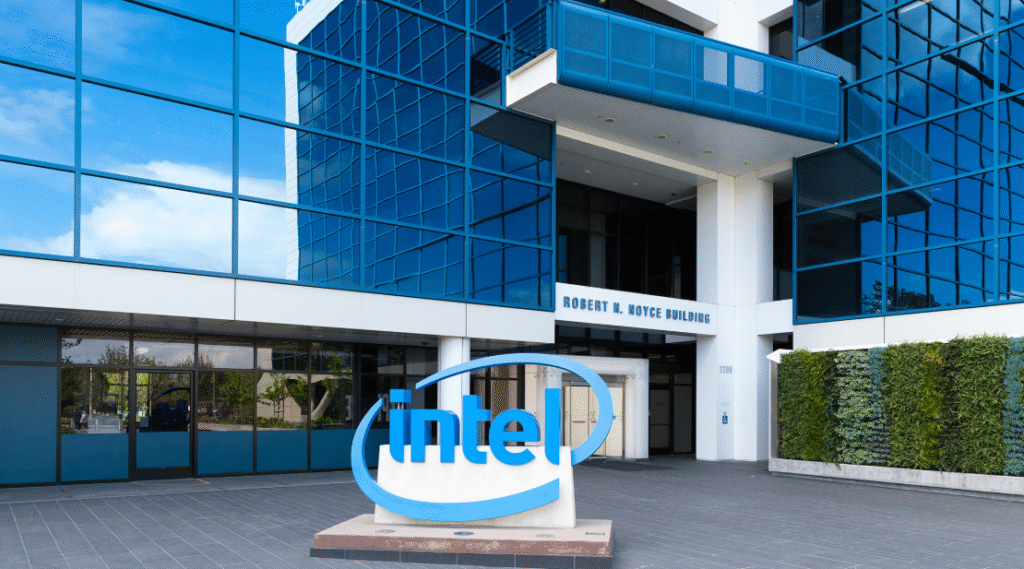Donald Trump recently held a high-profile meeting with Intel’s Chief Executive Officer, Lip-Bu Tan, just days after Trump publicly called for Tan’s resignation. This surprising turn of events has attracted significant attention from both political observers and the tech industry. The meeting took place amid concerns about Tan’s past business ties and raised questions about the future of U.S. technology leadership and national security.
Trump’s Call for Resignation
Earlier in August 2025, Trump made headlines by demanding the resignation of Lip-Bu Tan. This demand came after Senator Tom Cotton brought forward allegations regarding Tan’s previous affiliations with Cadence Design Systems, a company accused of illegally exporting semiconductor design tools to China between 2015 and 2021. Such exports could potentially undermine U.S. technology advantages and raise serious national security concerns.

Trump’s call was stern and public, accusing Tan of posing a security risk. The issue gained further attention as it highlighted ongoing tensions between the U.S. government and major technology firms over supply chain security and trade with China.
The High-Stakes Meeting in Washington
Despite the earlier criticism, the two leaders met in Washington D.C. along with key members of the administration, including Commerce Secretary Howard Lutnick and Treasury Secretary Scott Bessent. During the meeting, Trump described the conversation as very interesting and praised Tan’s amazing story of rising to the top of the semiconductor industry.
The purpose of the meeting appeared to be a frank discussion about Intel’s role in strengthening American technological leadership and addressing the government’s concerns. Sources say the meeting was aimed at finding common ground and reaffirming Intel’s commitment to national security and domestic manufacturing.
Intel’s Commitment to U.S. Manufacturing and Innovation
Following the meeting, Intel reaffirmed its dedication to advancing chip manufacturing within the United States. The company emphasized ongoing efforts to expand production facilities and invest heavily in research and development to maintain the country’s edge in semiconductor technology.

Intel’s renewed commitment comes amid increased global competition, especially from China and other nations investing heavily in their own chip industries. Strengthening domestic manufacturing is viewed as a critical part of protecting U.S. economic and security interests.
Impact on the Tech Industry and Investor Confidence
The meeting between Trump and Tan had a positive effect on market sentiment. Intel’s stock price rose nearly 4% in after-hours trading following news of the discussion. Investors appeared reassured by the company’s ability to maintain government support despite the earlier controversy.
This development reflects the complex relationship between corporate leadership, government scrutiny, and public perception in the tech sector. How technology companies navigate regulatory and political challenges can significantly influence their market performance and long-term prospects.


 How will Iran respond to ‘Trump route’ in South Caucuses?
How will Iran respond to ‘Trump route’ in South Caucuses?  Trump Says He’ll Quickly Know if Putin Wants Peace on Ukraine
Trump Says He’ll Quickly Know if Putin Wants Peace on Ukraine  Trump Secures Peace Deal Between Armenia and Azerbaijan
Trump Secures Peace Deal Between Armenia and Azerbaijan  Trump Fires IRS Chief Billy Long After Less Than Two Months
Trump Fires IRS Chief Billy Long After Less Than Two Months  Trump and Putin Will Meet to Discuss the War in Ukraine
Trump and Putin Will Meet to Discuss the War in Ukraine  Trump Declares Massive Trade Deal with Japan, Sets 15% Tariff
Trump Declares Massive Trade Deal with Japan, Sets 15% Tariff